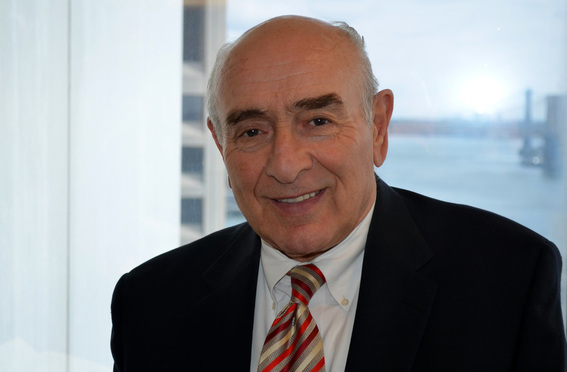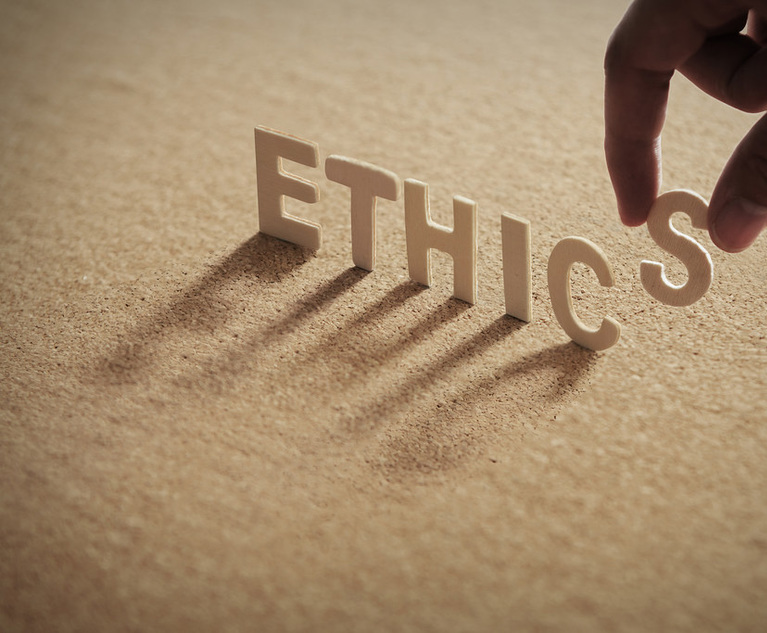Let’s say an expert witness, during a trial or administrative hearing, presents false, seriously misleading or gravely biased testimony that causes the adverse litigant to lose the case outright or to have to bail out and settle for a piddling amount far short of the claim’s value. Can the losing party sue the misbehaving expert for damages incurred as a result of the untruthful statements? This issue, encased within a particular factual setting, split a Fourth Circuit Court of Appeals panel decision issued at the end of October. There’s some hefty law reflected in the majority and dissenting opinions along with some rather assertive critiques of the other’s positions.
The decision is Day v. Johns Hopkins Health Sys., 907 F.3d 766, 2018 U.S. App. LEXIS 30241 (4th Cir. Oct. 26, 2018) (rehearing en banc denied, 2018 U.S. App. LEXIS 34198 (4th Cir. Dec. 4, 2018). My discussion of the facts here is abbreviated because there’s lots of law and practical considerations to survey and limited space in this column. There’s a nice post on the decision by attorney-writer Anjelica Cappellino with informative background links to the circumstances. See “Fourth Circuit Affirms Immunity of Johns Hopkins Doctor as Expert Witness,” The Expert Institute (Dec. 4, 2018).


 Michael Hoenig
Michael Hoenig




